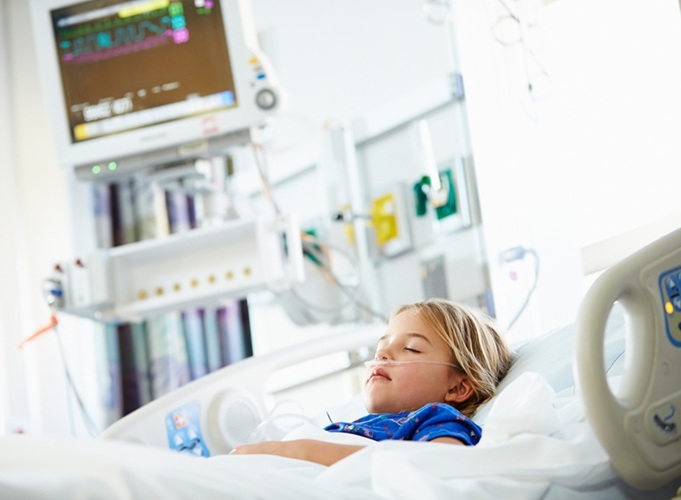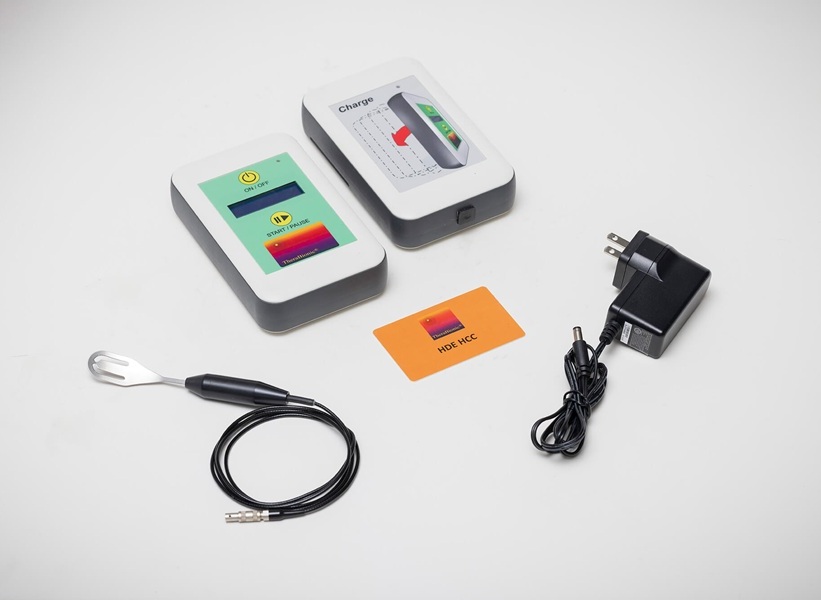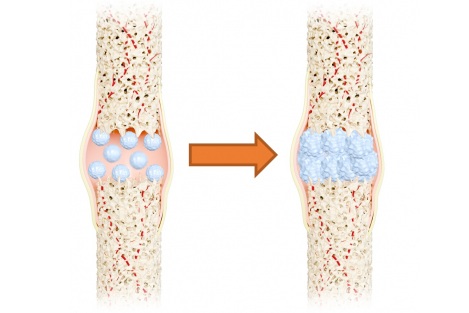Gilead Receives US FDA Approval to Begin Clinical Trials of Inhaled Version of Remdesivir
|
By HospiMedica International staff writers Posted on 23 Jun 2020 |
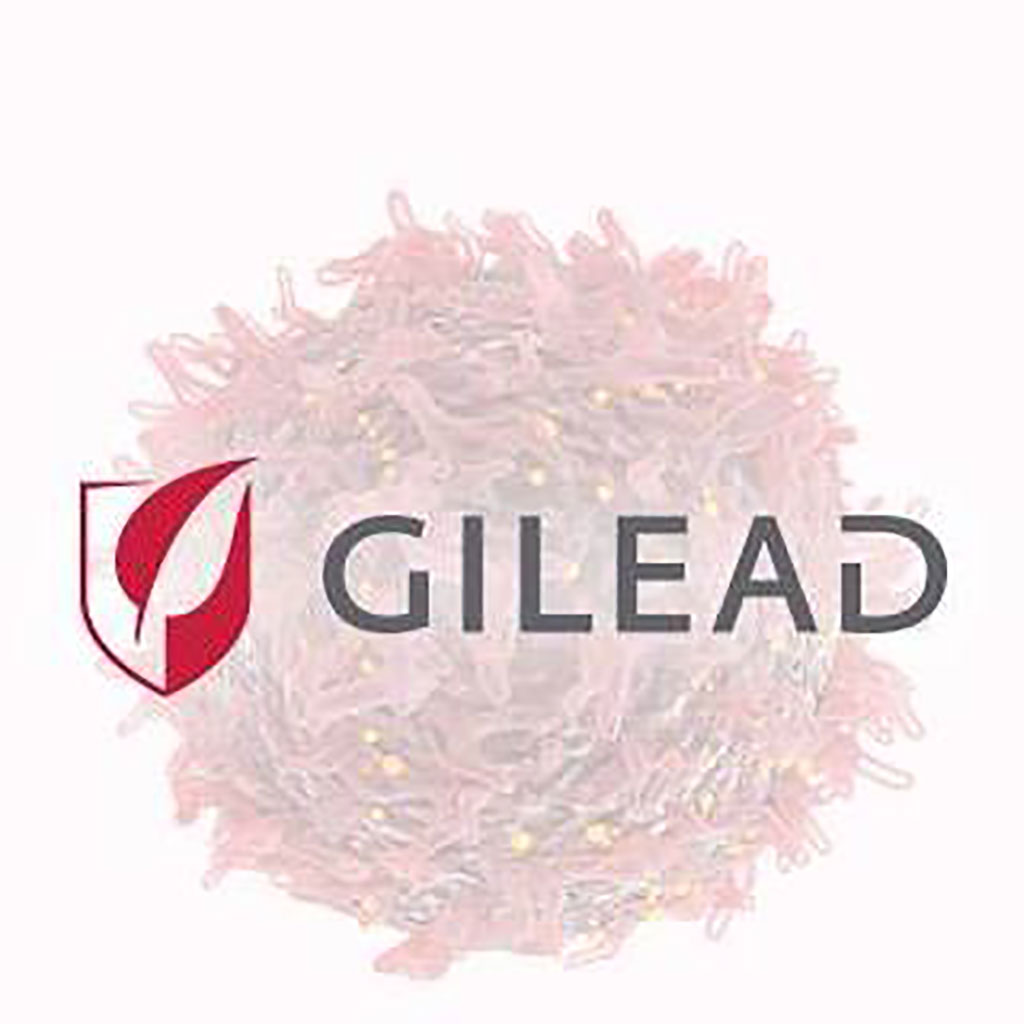
Illustration
Gilead Sciences, Inc. (Foster City, CA, USA) has received the go-ahead from the US Food and Drug Administration (FDA Silver Spring, MD, USA) to begin trials of an inhaled version of its antiviral drug remdesivir in patients with COVID-19.
Remdesivir is presently being used to treat patients through emergency use authorizations and other access programs around the world. Currently, remdesivir is given to COVID-19 patients intravenously through daily infusions in the hospital. So far, randomized controlled trials of remdesivir have been evaluating its safety and efficacy in hospitalized patients. Data from these studies shows that remdesivir has the potential to be of meaningful benefit to patients with COVID-19.
As part of its next wave of clinical development, Gilead aims to study remdesivir in treating earlier in the disease, in combination with other therapies and in additional patient groups. The inhaled formulation studies are one means of exploring the use of remdesivir in the earlier stages of COVID-19. Gilead has begun screening healthy volunteers for Phase 1 trials for the inhaled version of its investigational antiviral medicine in COVID-19 patients to be conducted in August. An inhaled formulation would be given through a nebulizer, which could potentially allow for easier administration outside the hospital, at earlier stages of the disease which could help stem the tide of the pandemic.
“Without years of research on remdesivir, we would not have been able to move so quickly in response to this outbreak,” said Daniel O’Day, Chairman and CEO, Gilead Sciences, in an open letter. “We were able to rapidly enter into clinical trials because we already had sufficient knowledge from studying remdesivir in other viruses to hope it might work against COVID-19. Our commitment to remdesivir will continue now as we explore its full potential in the hope of helping many more patients with COVID-19.”
Related Links:
Gilead Sciences, Inc.
US Food and Drug Administration (FDA)
Remdesivir is presently being used to treat patients through emergency use authorizations and other access programs around the world. Currently, remdesivir is given to COVID-19 patients intravenously through daily infusions in the hospital. So far, randomized controlled trials of remdesivir have been evaluating its safety and efficacy in hospitalized patients. Data from these studies shows that remdesivir has the potential to be of meaningful benefit to patients with COVID-19.
As part of its next wave of clinical development, Gilead aims to study remdesivir in treating earlier in the disease, in combination with other therapies and in additional patient groups. The inhaled formulation studies are one means of exploring the use of remdesivir in the earlier stages of COVID-19. Gilead has begun screening healthy volunteers for Phase 1 trials for the inhaled version of its investigational antiviral medicine in COVID-19 patients to be conducted in August. An inhaled formulation would be given through a nebulizer, which could potentially allow for easier administration outside the hospital, at earlier stages of the disease which could help stem the tide of the pandemic.
“Without years of research on remdesivir, we would not have been able to move so quickly in response to this outbreak,” said Daniel O’Day, Chairman and CEO, Gilead Sciences, in an open letter. “We were able to rapidly enter into clinical trials because we already had sufficient knowledge from studying remdesivir in other viruses to hope it might work against COVID-19. Our commitment to remdesivir will continue now as we explore its full potential in the hope of helping many more patients with COVID-19.”
Related Links:
Gilead Sciences, Inc.
US Food and Drug Administration (FDA)
Latest COVID-19 News
- Low-Cost System Detects SARS-CoV-2 Virus in Hospital Air Using High-Tech Bubbles
- World's First Inhalable COVID-19 Vaccine Approved in China
- COVID-19 Vaccine Patch Fights SARS-CoV-2 Variants Better than Needles
- Blood Viscosity Testing Can Predict Risk of Death in Hospitalized COVID-19 Patients
- ‘Covid Computer’ Uses AI to Detect COVID-19 from Chest CT Scans
- MRI Lung-Imaging Technique Shows Cause of Long-COVID Symptoms
- Chest CT Scans of COVID-19 Patients Could Help Distinguish Between SARS-CoV-2 Variants
- Specialized MRI Detects Lung Abnormalities in Non-Hospitalized Long COVID Patients
- AI Algorithm Identifies Hospitalized Patients at Highest Risk of Dying From COVID-19
- Sweat Sensor Detects Key Biomarkers That Provide Early Warning of COVID-19 and Flu
- Study Assesses Impact of COVID-19 on Ventilation/Perfusion Scintigraphy
- CT Imaging Study Finds Vaccination Reduces Risk of COVID-19 Associated Pulmonary Embolism
- Third Day in Hospital a ‘Tipping Point’ in Severity of COVID-19 Pneumonia
- Longer Interval Between COVID-19 Vaccines Generates Up to Nine Times as Many Antibodies
- AI Model for Monitoring COVID-19 Predicts Mortality Within First 30 Days of Admission
- AI Predicts COVID Prognosis at Near-Expert Level Based Off CT Scans
Channels
Critical Care
view channel
Origami Robots to Deliver Medicine Less Invasively and More Effectively
Delivering medicine to ulcers or other internal sites often requires invasive procedures that can disrupt surrounding tissues and lengthen recovery times. Traditional magnetic actuators used in soft robotics... Read more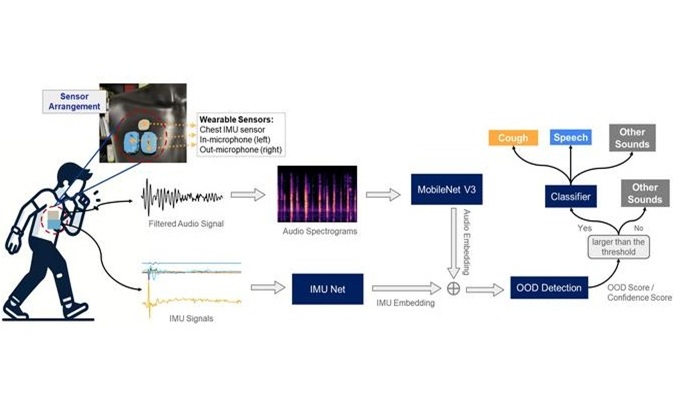
Improved Cough-Detection Technology Aids Health Monitoring
Coughing serves as an important biomarker for tracking a variety of conditions and can help monitor the progress of respiratory diseases or predict when someone’s asthma is being exacerbated.... Read moreSurgical Techniques
view channel
Novel Glue Prevents Complications After Breast Cancer Surgery
Seroma and prolonged lymphorrhea are among the most common complications following axillary lymphadenectomy in breast cancer patients. These postoperative issues can delay recovery and postpone the start... Read more
Breakthrough Brain Implant Enables Safer and More Precise Drug Delivery
Delivering medication directly to specific regions of the brain has long been a major challenge in treating neurological disorders. Current implants and infusion systems typically reach only one or two... Read morePatient Care
view channel
Revolutionary Automatic IV-Line Flushing Device to Enhance Infusion Care
More than 80% of in-hospital patients receive intravenous (IV) therapy. Every dose of IV medicine delivered in a small volume (<250 mL) infusion bag should be followed by subsequent flushing to ensure... Read more
VR Training Tool Combats Contamination of Portable Medical Equipment
Healthcare-associated infections (HAIs) impact one in every 31 patients, cause nearly 100,000 deaths each year, and cost USD 28.4 billion in direct medical expenses. Notably, up to 75% of these infections... Read more
Portable Biosensor Platform to Reduce Hospital-Acquired Infections
Approximately 4 million patients in the European Union acquire healthcare-associated infections (HAIs) or nosocomial infections each year, with around 37,000 deaths directly resulting from these infections,... Read moreFirst-Of-Its-Kind Portable Germicidal Light Technology Disinfects High-Touch Clinical Surfaces in Seconds
Reducing healthcare-acquired infections (HAIs) remains a pressing issue within global healthcare systems. In the United States alone, 1.7 million patients contract HAIs annually, leading to approximately... Read moreHealth IT
view channel
Printable Molecule-Selective Nanoparticles Enable Mass Production of Wearable Biosensors
The future of medicine is likely to focus on the personalization of healthcare—understanding exactly what an individual requires and delivering the appropriate combination of nutrients, metabolites, and... Read moreBusiness
view channel
Philips and Masimo Partner to Advance Patient Monitoring Measurement Technologies
Royal Philips (Amsterdam, Netherlands) and Masimo (Irvine, California, USA) have renewed their multi-year strategic collaboration, combining Philips’ expertise in patient monitoring with Masimo’s noninvasive... Read more
B. Braun Acquires Digital Microsurgery Company True Digital Surgery
The high-end microsurgery market in neurosurgery, spine, and ENT is undergoing a significant transformation. Traditional analog microscopes are giving way to digital exoscopes, which provide improved visualization,... Read more
CMEF 2025 to Promote Holistic and High-Quality Development of Medical and Health Industry
The 92nd China International Medical Equipment Fair (CMEF 2025) Autumn Exhibition is scheduled to be held from September 26 to 29 at the China Import and Export Fair Complex (Canton Fair Complex) in Guangzhou.... Read more












